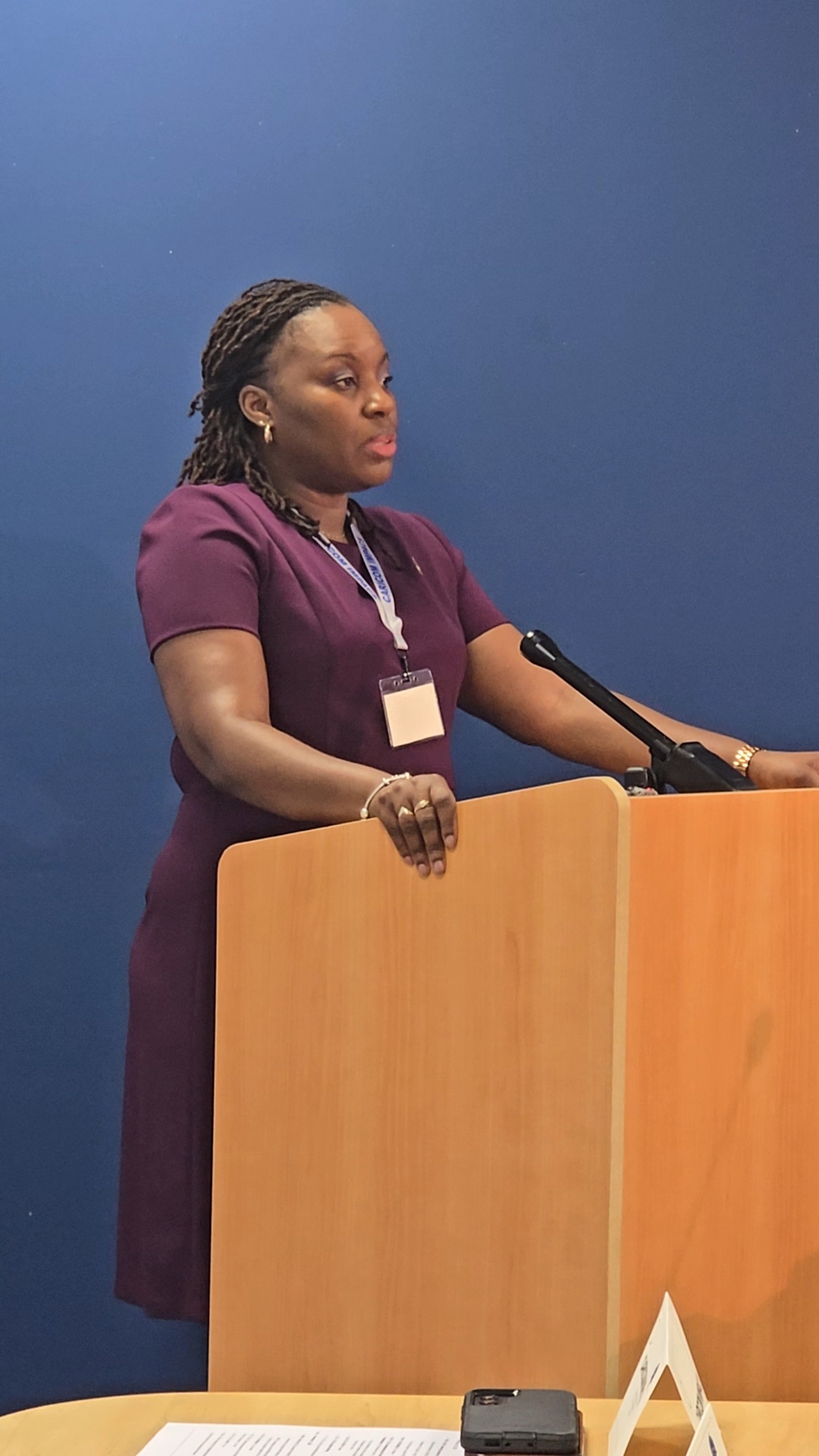The Caribbean is grappling with a dual crisis of environmental degradation and organized crime, driven by the illegal trafficking of juvenile eels, commonly known as glass eels. The Caribbean Community (CARICOM) Implementation Agency for Crime and Security (IMPACS) has raised alarms about this illicit trade, which threatens both the region’s fragile ecosystems and its security networks. At a recent two-day regional workshop on glass eel trafficking, held at the Joint Regional Communications Centre in Wildey, Nadine Bushell, Assistant Director of Projects at CARICOM IMPACS, emphasized the critical need to combat this trade to protect natural resources and dismantle the financial networks supporting other serious crimes. Glass eels, a transparent juvenile stage of several eel species, are highly valued in the global market, making them a lucrative target for criminal organizations. Bushell highlighted that these criminal actors exploit gaps in knowledge about natural resources and environmental crime to evade detection. Eels play a vital role in biodiversity and aquatic ecosystems, serving as both a food source in their juvenile stage and as predators once fully grown. Bushell stressed that protecting natural resources is essential for achieving long-term reductions in crime, as environmental crimes often converge with other serious offenses like narcotics trafficking, gun smuggling, and human trafficking. She called for regional collaboration and partnerships to combat these crimes, aligning with the principles of mutual security through partnership. Dr. David Soud of Auxilium Worldwide, which is collaborating with CARICOM IMPACS and Canada, noted that efforts to counter the illicit trade could be influenced by an upcoming decision in Samarkand, Uzbekistan, on whether all eel species will be listed as endangered under the Convention on International Trade in Endangered Species (CITES). Such a listing would add layers of documentation and verification, making traceability more achievable. However, Dr. Soud warned that criminal networks are highly adaptable and will continue to find ways to profit and launder money, regardless of the decision. The workshop aims to strengthen regional law enforcement and security networks to more effectively disrupt illicit glass eel trafficking, addressing what Dr. Soud described as an environmental, economic, and transnational organized crime threat that endangers not only the Caribbean but the entire world.
Caribbean at risk from illicit glass eel trade, CARICOM security agency warns
